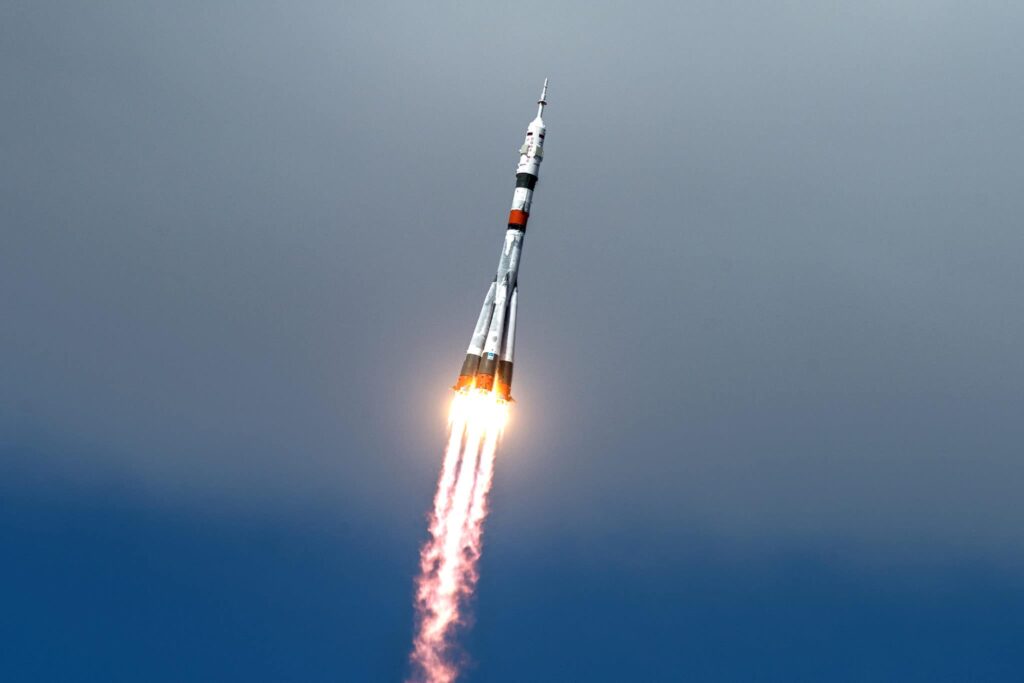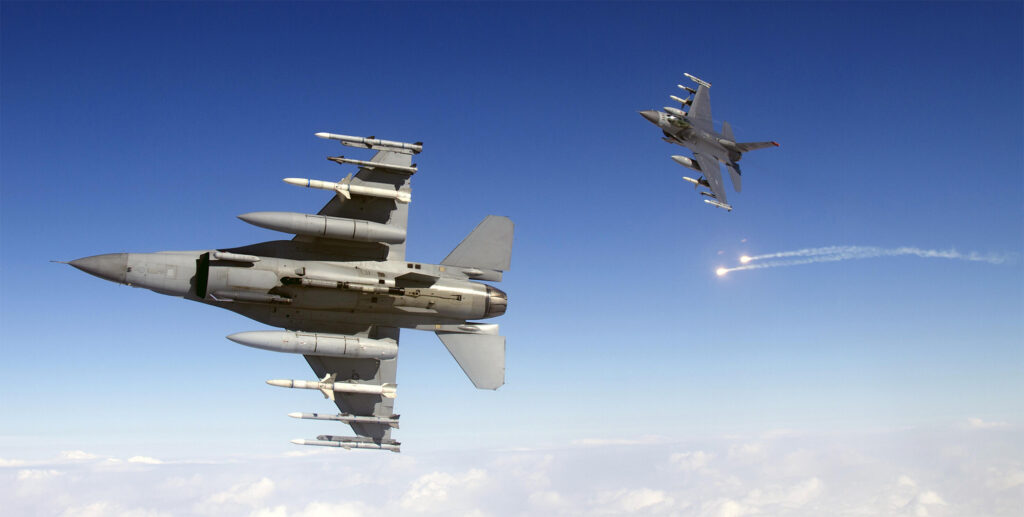Recently, U.S. Space Force General David Thompson, the Vice Space Operations Chief, sat down for a virtual talk with the Association of Old Crows.
Gen. Thompson emphasized the intraservice utility of the Space Force but also of the branch’s need to create and sustain enduring relationships with the other branches, the intelligence community, and other agencies and departments within the US government.
The Space Force is responsible for capabilities and mission-sets such as navigation, orbital warfare, missile defense, satellite communications, electromagnetic operations, and GPS services, among other tasks.
“We have enduring relationships with the National Reconnaissance Office and the rest of the intelligence community,” said Thompson. “We not only need to maintain those but deepen those as well, especially because we’re now partners with them in the need to defend and protect these capabilities from threats.”
Thompson highlighted that the space in a domain where several countries—and even companies—are looking to expand their presence for economic, civil, public safety, and national security purposes. He suggested that the Space Force might be looking to partnerships where there are common interests and goals.

The Space Force achieved a landmark point in December when General John “Jay” Raymond officially joined the Joint Chiefs of Staff, becoming the 8th member of the highest military council of the US.
“We recognize it clearly as a warfighting domain. And we also know that we, the United States, we’ve got to maintain capabilities in that domain if we are going to continue to deter great power war,” General Mark Milley, the Chairman of the Joint Chiefs of Staff, said during the ceremony. “This is an incredibly important organization for the United States military and for the United States as a country. And it’s really important what we’re doing today, which is [to] induct you as an official member into the Joint Chiefs of Staff.”
The commercial sector is another point of interest for the Space Force despite the high-risk it might entail. The ability of private companies to rapidly field and test new technology appeals to the Space Force, which often has to contend with the lengthy test, development, and acquisition timelines found in any bureaucracy.
As for what the Space Force is looking for in future recruits, Thompson said that digitally fluent and cyber-savvy candidates are essential for the Space Force to continue its contribution to the fight but also expand its capabilities.
Headquartered in Virginia, the Association of Old Crows is an international nonprofit professional organization specializing in electronic warfare, tactical information operations, and related disciplines.
In another virtual even, Air Force Gen. John E. Hyten talked about America’s near-peer competitors and their space capabilities and aspirations.
“Russia and China are building capabilities to challenge us in space because if they can challenge us in space, they understand as dependent as we are in space capabilities that they can challenge us as a nation,” said Gen. Hyten during an online event at the National Security Space Association.
Gen. Hyten added that it falls to the Pentagon to continue the education of Americans about US space capabilities but also about the dangers posed by China and Russia and how to best deal with them.

